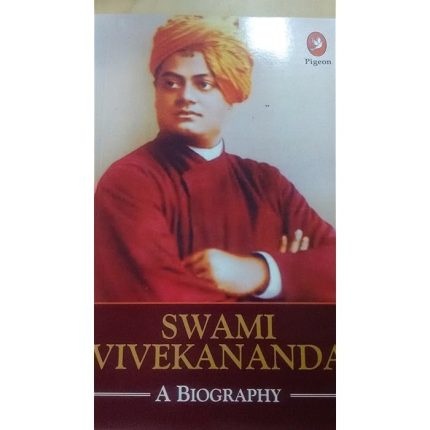Description
*American Prometheus: The Triumph and Tragedy of J. Robert Oppenheimer* is a biography of J. Robert Oppenheimer, the physicist widely regarded as the “father of the atomic bomb.” Written by Kai Bird and Martin J. Sherwin, it was published in 2005 and went on to win the 2006 Pulitzer Prize for Biography or Autobiography. The book delves into Oppenheimer’s life, examining his personal, intellectual, and professional journey, and offers a complex portrait of the man who played a pivotal role in the development of nuclear weapons during World War II.
### Key Themes in *American Prometheus*
1. **Oppenheimer’s Early Life and Intellectual Journey:**
The book begins with an exploration of Oppenheimer’s formative years, his upbringing in a wealthy, intellectual family, and his academic journey. Oppenheimer’s brilliance as a student and his eventual rise to prominence in the world of physics are explored in detail, showing how his unique blend of intelligence, ambition, and sometimes arrogance shaped his career.
2. **The Manhattan Project:**
The central event in Oppenheimer’s life, and the focus of much of the book, is his leadership of the Manhattan Project during World War II. This secret U.S. government project was responsible for developing the first atomic bombs. Oppenheimer’s role as the scientific director of the project is thoroughly chronicled, including his interactions with other scientists, military personnel, and political figures. His personal and professional challenges during this period are explored, as well as the moral and ethical dilemmas he faced in helping to create such a devastating weapon.
3. **Moral Struggles and the Post-War Years:**
After the war, Oppenheimer faced growing moral and political conflict. Although initially celebrated for his role in ending the war, Oppenheimer soon became embroiled in post-war debates about the use of nuclear weapons and the future of atomic energy. His opposition to the development of the hydrogen bomb and his outspoken concerns about the dangers of nuclear arms led to conflicts with more hawkish figures in the U.S. government. This culminated in the infamous 1954 security hearings, where Oppenheimer’s political leanings were questioned, and he was stripped of his security clearance.
4. **Oppenheimer’s Legacy:**
The biography also considers Oppenheimer’s legacy, both in terms of his contributions to science and his role in the broader debates about the ethics of nuclear warfare. His legacy is one of both extraordinary achievement and profound moral ambiguity. The book explores how Oppenheimer’s role in creating the atomic bomb haunted him throughout his life and how his subsequent actions—particularly his advocacy for international control of nuclear weapons—shaped the discourse on nuclear weapons during the Cold War.
### Influence on the Film *Oppenheimer* (2023)
The biography *American Prometheus* is the primary source for Christopher Nolan’s 2023 film *Oppenheimer*. Nolan, known for his intricate storytelling and his ability to portray complex historical figures, drew heavily from the book in depicting Oppenheimer’s life and the moral dilemmas he faced. The film focuses on the tension between Oppenheimer’s intellectual brilliance and his growing internal conflict over the use of the bomb. It also explores his complicated relationships with other key figures involved in the Manhattan Project and post-war politics.
The film portrays the psychological toll Oppenheimer experienced, with scenes reflecting his guilt, his internal battles, and the political pressure he faced. Cillian Murphy’s portrayal of Oppenheimer was widely praised, and much of the film’s narrative is based on the in-depth historical context provided in *American Prometheus*.





Reviews
There are no reviews yet.